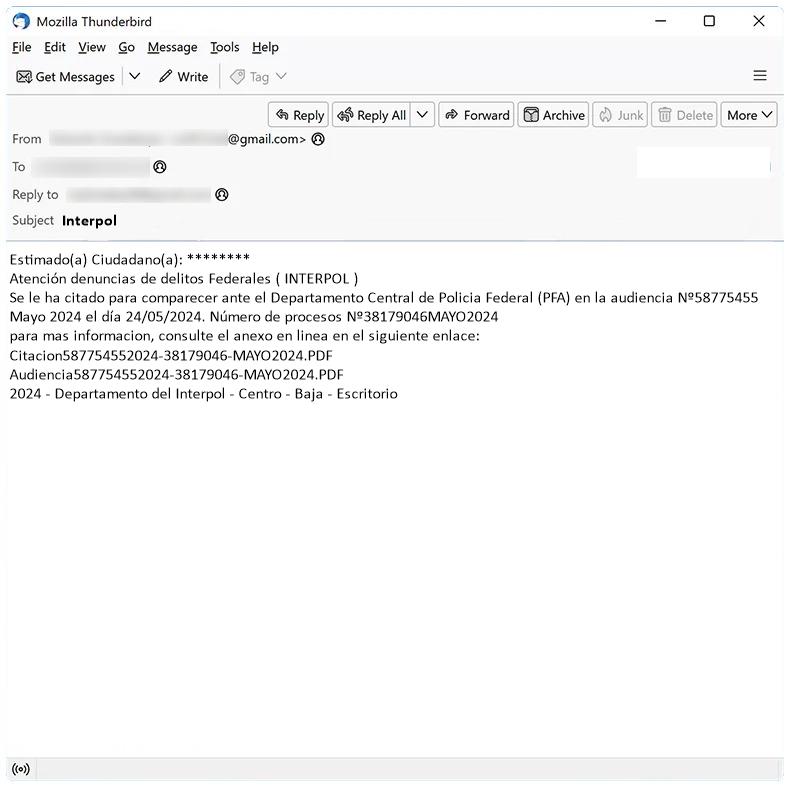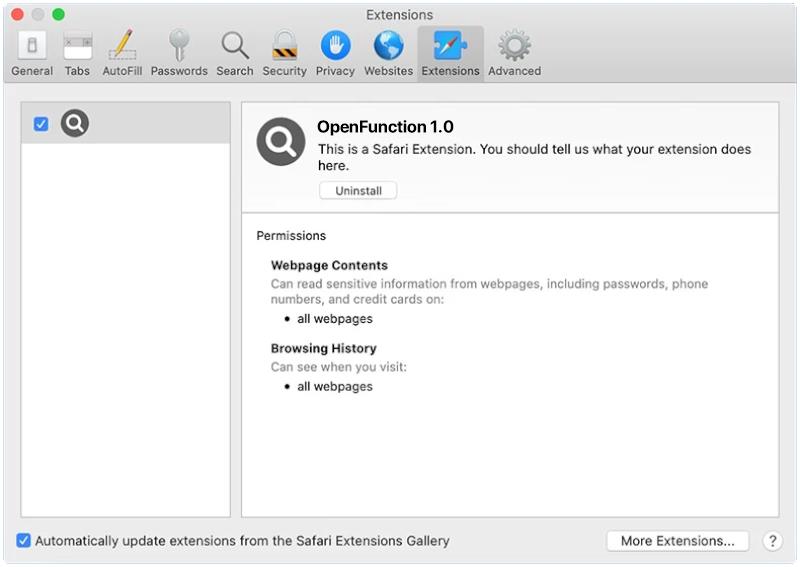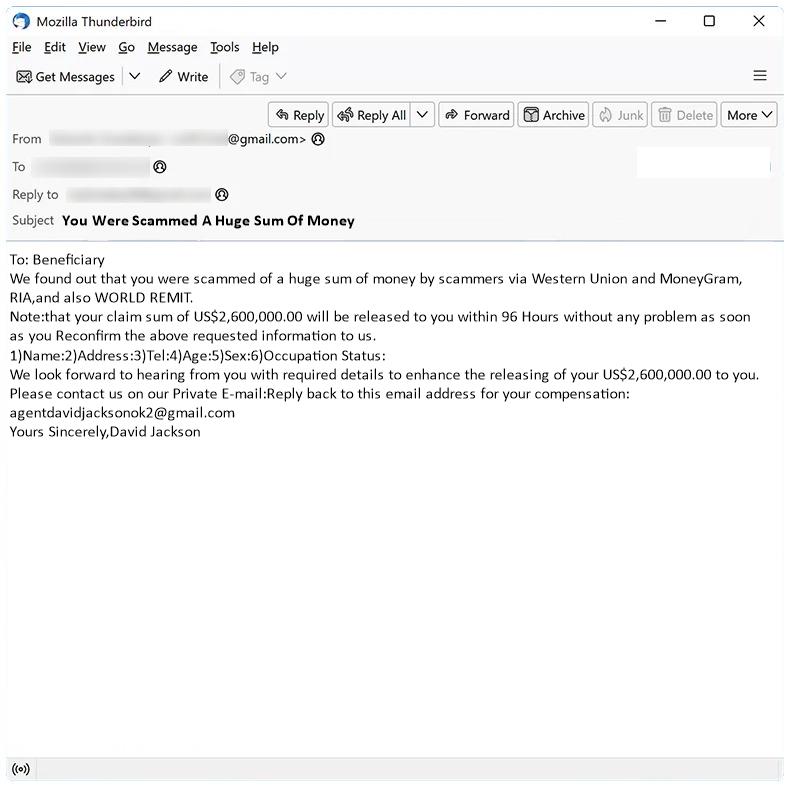Interpol email spam refers to fraudulent emails that impersonate the International Criminal Police Organization (Interpol) in order to trick recipients into clicking on malicious links or downloading harmful attachments. These spam campaigns often claim to be from Interpol officials seeking assistance in a legal or criminal matter, or notifying recipients of alleged illegal activity involving their email address.
Interpol email scams can infect computers through various methods, such as phishing links that lead to fake websites designed to steal personal information, or attachments containing malware that can compromise the security of the recipient’s device. By interacting with these emails, recipients risk exposing sensitive information, falling victim to identity theft, or having their computer infected with malware that can lead to financial loss or data breaches.
It is important to be cautious when receiving unsolicited emails claiming to be from Interpol, and to avoid clicking on any links or downloading attachments unless you can verify the sender’s authenticity. If you suspect that you have received a fraudulent email claiming to be from Interpol, it is recommended to report it to the organization and delete the email immediately.









